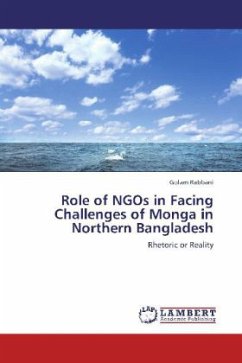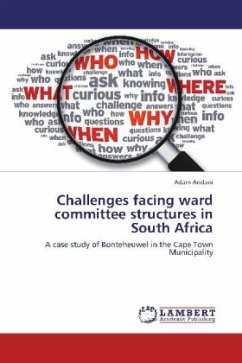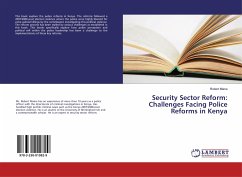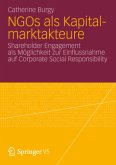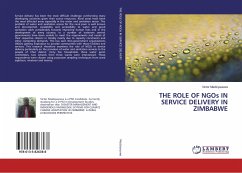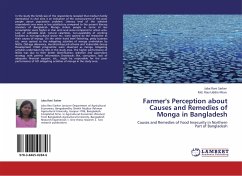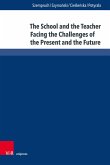The most horrible situation of poverty in northern districts of Bangladesh is known as monga the local name of the severe, near-famine situation. The government does not have pro-poor strategies to reduce vulnerabilities of the affected people. In this backdrop, NGOs are working for assisting monga affected people so that they could come out from the trauma of starvation. The study was intended to explore the effect of NGO activities on the livelihood of monga affected people. To evaluate NGOs role in the context of monga affected area relief, microcredit and income generating activities were considered as main variables. Study findings suggest that despite NGOs initiative for providing training most of the respondents did not able to capitalize training, micro-credit and income generating activities for improving their livelihood. Lack of proper logistic support and unfavorable local circumstances have contributed to failure in bringing changes in their livelihood. As a matter of fact, NGOs claim themselves successful in improving livelihood of monga affected population through their programs; however, the intensity of their achievement is still rhetoric than reality.

